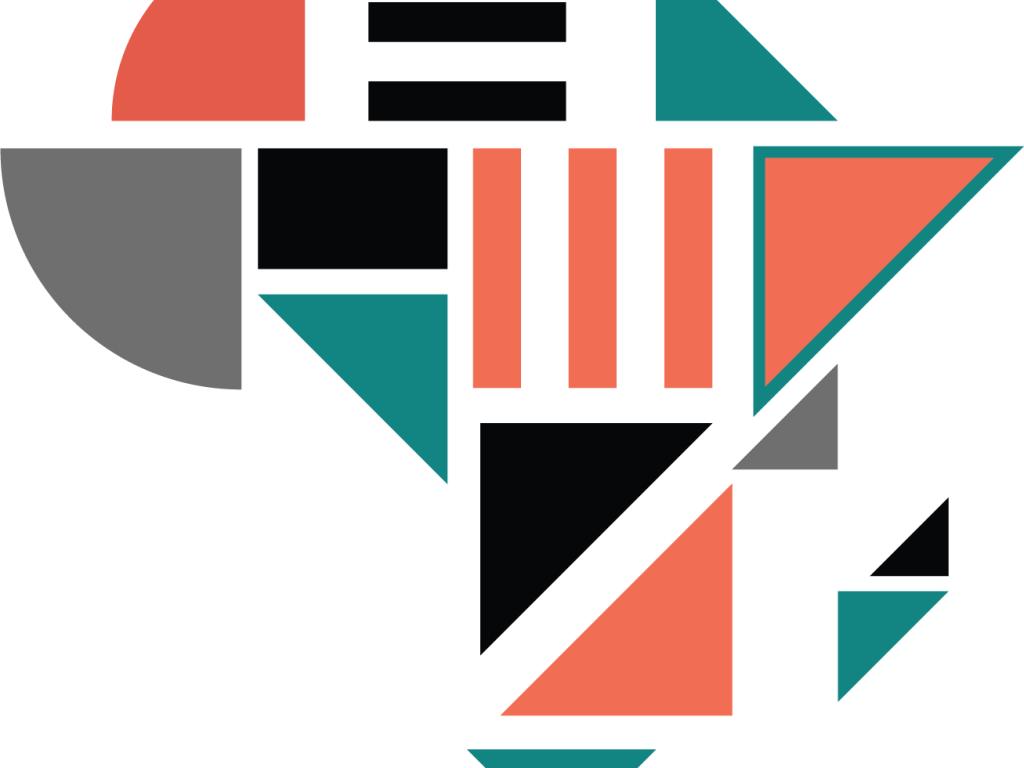Nelson Mandela Leadership Dialogue | Young Leaders Driving Social Change


Nelson Mandela’s leadership style is widely recognised for convening stakeholders across ideological divides to engage one another for the purpose of finding solutions to fundamental societal challenges. At the same time, he was a product of his time and circumstances. The notion that an individual leader can provide solutions to complex challenges is unrealistic and even misleading. Therefore, the question remains on what kind of leadership is better suited to build a more inclusive and caring society, that catalyses collective efforts and aims at fostering sustainable development for all.
Join us as we explore how multi-actor and intergenerational approaches can drive transformative changes, particularly in Africa and the Middle East. By focusing on increasing knowledge and capabilities, this dialogue will empower young leaders to contribute to the creation of a caring and inclusive society.
During this dialogue, two moderators will engage with guests through a 90-minute ‘on the couch’ conversation, inviting inputs and questions from the audience.
:: Welcome
Jafar Javan, Director, UNSSC.
:: Introductory Remarks
Felipe Paullier, Assistant Secretary-General for Youth Affairs, United Nations Youth Office.
:: Guests
Ronelle King, Gender Justice Activist and recipient of the Nelson Mandela – Graça Machel Innovation Award.
Lina Abou-Habib, Director, Asfari Institute for Civil Society and Citizenship at the American University of Beirut.
Rama Salla Dieng, Lecturer in African Studies and International Development, University of Edinburgh.
:: Closing Remarks:
Faizel Ismail, Director, Nelson Mandela School of Public Governance, University of Cape Town.
:: Moderators:
Penny Parenzee, Executive Education Senior Programme Manager, University of Cape Town.
Simona Costanzo Sow, Chief, Academic Partnerships, UNSSC.